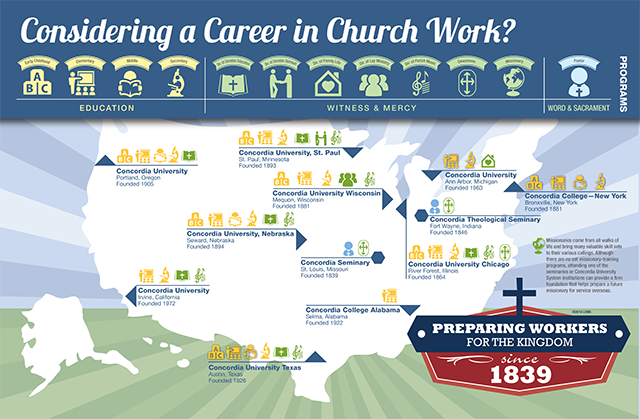Demystifying Church Doctrine: Comprehending The Core Beliefs And Teachings

Uploaded By-Deal Howell
Religious suggestions, doctrines and also mentors are often made complex. Debunking Church Doctrine: Comprehending the Core Beliefs and also Teachings breaks these principles down right into conveniently easy to understand groups to make sure that you can get a much better understanding on them.
Bultmann's hermeneutical program is extreme, and he is concerned that his doubters run the risk of recreating the extremely objectification of revelation they assert to oppose.
1. The Trinity
The Trinity is just one of the most fundamental Christian beliefs and also a key distinguishing mark of Christianity. Recommended Web-site is challenging to visualize anyone denying this doctrine and considering themselves a Christian in any kind of meaningful way.
This doctrine instructs that there is just one God, as well as He exists forever as 3 Persons-- Dad, Child, and also Holy Spirit The three are equivalent in nature and also are co-eternal. It is important to keep in mind that this teaching is not based on human logic or viewpoint, but is instead based in the trainings of Scripture. It is also a crucial difference between the Church as well as lots of cults. Those that refute the Trinity commonly deny the divine being of Christ and also various other core biblical trainings.
2. The Holy Spirit.
The Holy Spirit is the 3rd member of the Trinity as well as He's a person in the sense that He has intents, reveals willfulness and also discretion, loves, communicates, indicates, shows, and also prays (Neh. 9:20; Jn 15:26; Acts 13:2, 16:6 -7).
The Scriptures teaches that He indwells every true fan of Christ. He is the one who empowers them to live the Christian life (1 Corinthians 3:16).
He likewise imparts presents per follower for the benefit of the Church. You may have experienced this if you have actually ever before had Scripture knowledgeables jump out at you from the pages of your Bible. He additionally instructs us via straight knowledge.
3. Validation
In reason, God absolves sinners as well as counts them righteous, not as a result of anything they functioned or did themselves yet just because of the ideal obedience and also full complete satisfaction that Christ made for their wrongs by His death. This is an internal adjustment, a transformation right into decency in the intellect as well as feelings. This is what the Church calls "concupiscence.".
Martin Luther and John Calvin were in considerable contract on reason, although they differed in focus as a result of their specific challengers. For example, Calvin emphasized union with Christ. He showed that all the benefits of salvation, consisting of validation, are located in union with Christ which benediction is its immediate consequence.
4. Purgation.
Purgation, or filtration after fatality, is the procedure whereby the spirit of a departed Christian is cleansed from the remaining remnants of sin. It is a required prerequisite for the soul's climb to heaven.
Gregory of Nyssa's explanation of purgatory is found in his De anima et resurrectione, a job composed adhering to the fatality of his older sibling, Macrina. In this writing, Gregory describes that the fire of purgation is not a physical entity, but rather an allegory for God. God purifies the immaterial soul via this fire as well as maintains it there until she is free from evil. linked web site is assisted by petitions and pious responsibilities done in life, such as corporal austerities, mortification of the flesh, and abnegation of the passions.
5. Illumination.
Several Bible scholars instruct that along with studying the biblical text with correct approaches of analysis, a Christian should have the straight working of the Holy Spirit to illumine (or bring right into sharper focus) the spiritual definition of Bible. This supposed lighting is what we call "Lighting of the Scriptures.".
The doctrine of purgation, illumination and union describes a rising movement in which transgression, childish/immature ways of seeing God as well as doctrinal naiveté are removed away as the follower of Jesus expands in Christ-likeness. The teaching of illumination was a vital part of John Calvin's conversion experience and his expositional preaching ministry. Lighting affected Jonathan Edwards too.
6. Union.
The Church is seen as a communion of the faithful (communio fidelium) handed over with Christ's true blessings and destined to prolong throughout the globe. She is phoned call to sanctify the faithful and also to be a visible sacrament of that saving unity (communio ecclesiarum).
The Church is the "communion" of all believers who recognize Sacred Scripture and are consecrated by baptism. The Church additionally includes those that profess the faith in an adequate means and protect unity of communion with the follower of Peter. Christ committed His power to the Church and developed it as an ordinarily as well as especially pastoral instrument for teaching, prayer and technique. He likewise attended to the workout of this power through representative body organs.

